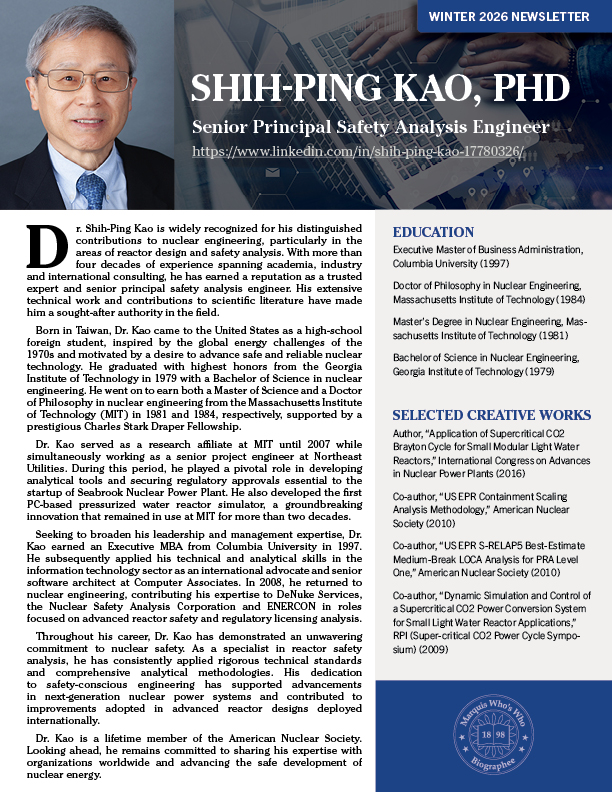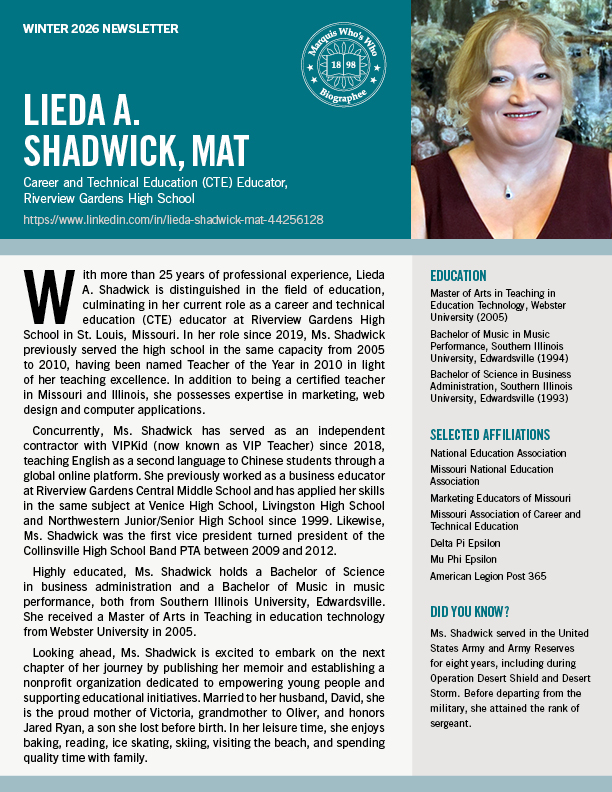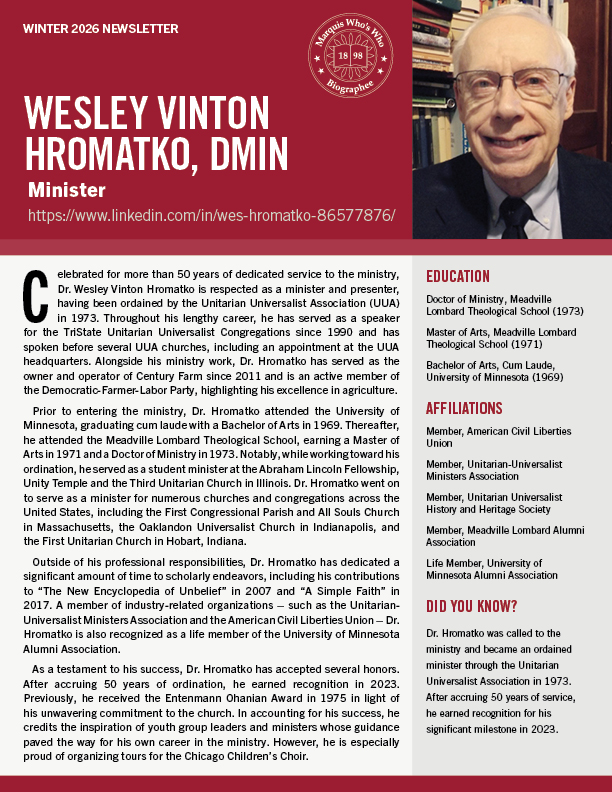
Focusing his recent research on the cellular and molecular bases of heart failure in regurgitant valvular diseases, Dr. Jeffrey S. Borer is an acclaimed cardiologist and medical educator who has accrued over 45 years of expertise in his field. Since 2016, he has excelled as a professor of public health at the SUNY Downstate Medical Center in Brooklyn, New York, and holds concurrent appointments at Downstate as a professor of surgery, professor of cell biology, professor of radiology and professor of medicine. Alongside these impressive roles, Dr. Borer has been a professor within the Department of Academic Orthopedic Surgery at the New York College of Podiatric Medicine since 2012, an adjunct professor in cardiovascular medicine and cardiothoracic surgery at Weill Cornell Medicine since 2008, and chairman of both the Schiavone Cardiovascular Translational Research Institute and the Howard Gilman Institute of Heart Valve Disease since 2008.
Earlier in his career, Dr. Borer served Weill Cornell Medicine in myriad capacities beginning in 1979, including as the director of nuclear cardiology in the Departments of Medicine and Radiology, professor of medicine, Gladys and Roland Harriman Professor of Cardiovascular Medicine, supervisor of the Myocardial Cell Biology Laboratory, professor of cardiovascular medicine in radiology, and chief of cardiovascular pathophysiology in the Department of Medicine. Formerly flourishing at NewYork-Presbyterian/Weill Cornell Medical Center and George Washington University, Dr. Borer also served as a consultant in cardiology at the Walter Reed Medical Center, head of nuclear cardiology at the National Heart, Lung and Blood Institute, and consulting cardiologist to the Clinical Center at the National Institutes of Health, among many other positions.
Internationally recognized as a pioneering figure in cardiovascular disease and treatment, Dr. Borer was named among the Top 1% of Physicians by the U.S. News & World Report in light of his research and contributions to the development of real-time radionuclide cineangiography and its application during exercise. He holds multiple patents for co-inventing a method for inhibiting fibroblast growth and cardiac fibrosis. An advisor to the U.S. Food and Drug Administration for more than 40 years, he served four terms as chairman of the cardio-renal and cardiovascular devices advisory committees. A civil advocate as well, he possesses a great passion for his Brooklyn roots, and has excelled as chairman of the committee on restoration at the Brooklyn Jewish Center since 2009.
Licensed to practice medicine in the District of Columbia and the State of New York, Dr. Borer pursued an extensive education prior to commencing his career. He earned a Bachelor of Arts in government, cum laude, from Harvard College in 1965, followed by an MD from Cornell University in 1969. Completing an internship in general medicine and assistant residency in medicine at the General Hospital Corporation in Boston, he was also a clinical fellow in medicine at Harvard University. Subsequently, he served as a cardiology fellow and chief resident physician at the National Heart, Lung and Blood Institute from 1971 to 1974, and was a Senior Fulbright-Hays Scholar and a visiting fellow at Guy’s Hospital in the University of London and a Glorney-Raisbeck Fellow in the Medical Sciences at the New York Academy of Medicine from 1974 to 1975. From 1975 to 1979, he was a senior investigator in the Cardiology Branch of the National Health, Lung and Blood Institute. Dr. Borer is a diplomate of the American Board of Internal Medicine, Subspecialty Board of Cardiovascular Disease and Certification Board of Nuclear Cardiology.
As a testament to his success, Dr. Borer has earned several accolades and recognitions. In 2018, he earned the Kanu Chatterjee Lifetime Achievement Award from the International Academy of Cardiology, and in 2014, he was honored with the Award for Lifetime Achievement in Heart Valve Diseases and the Legion of Cardiology Award. A recipient of the Public Service Medal from NASA, he has also been bestowed with a Diversity in Cardiology Award, Transforming Lives through Research Award and Hans-Peter Krayenbuehl Memorial Award. Since 2011, he has been recognized as a fellow of the International Academy of Cardiovascular Sciences, and is also a fellow of such organizations as the American College of Cardiology Foundation, American Heart Association, New York Cardiological Society, American Society for Clinical Investigation and New York Academy of Medicine.


